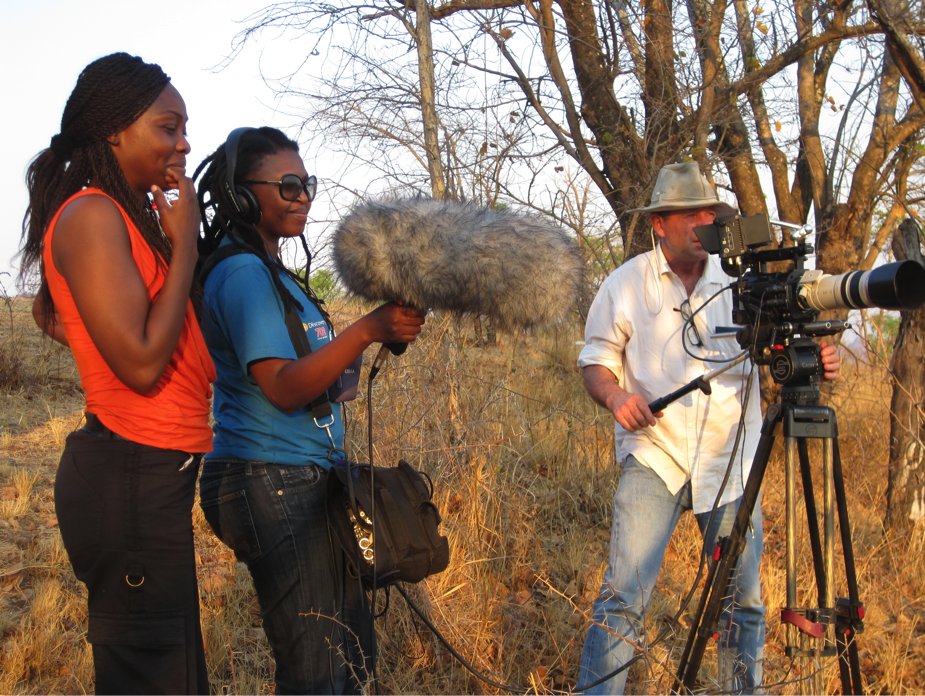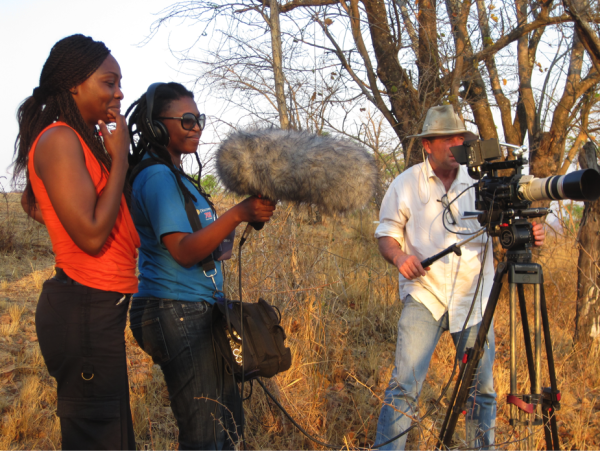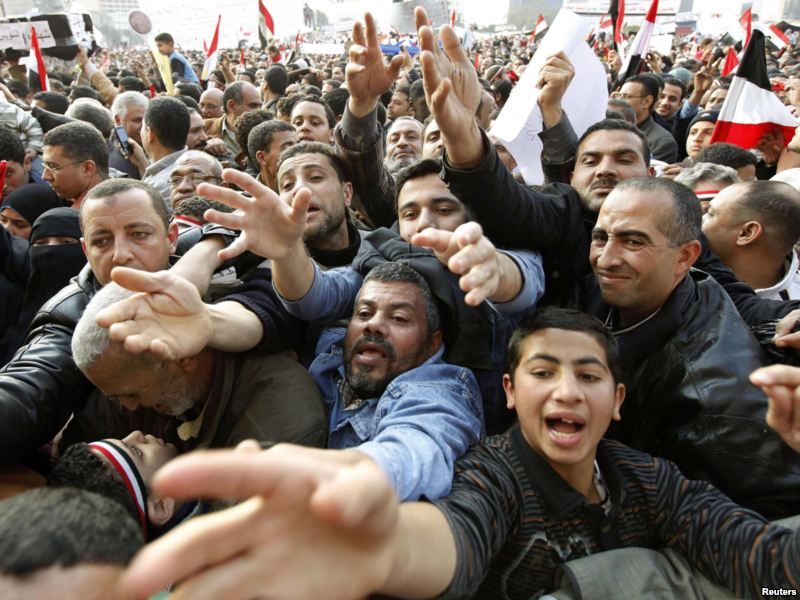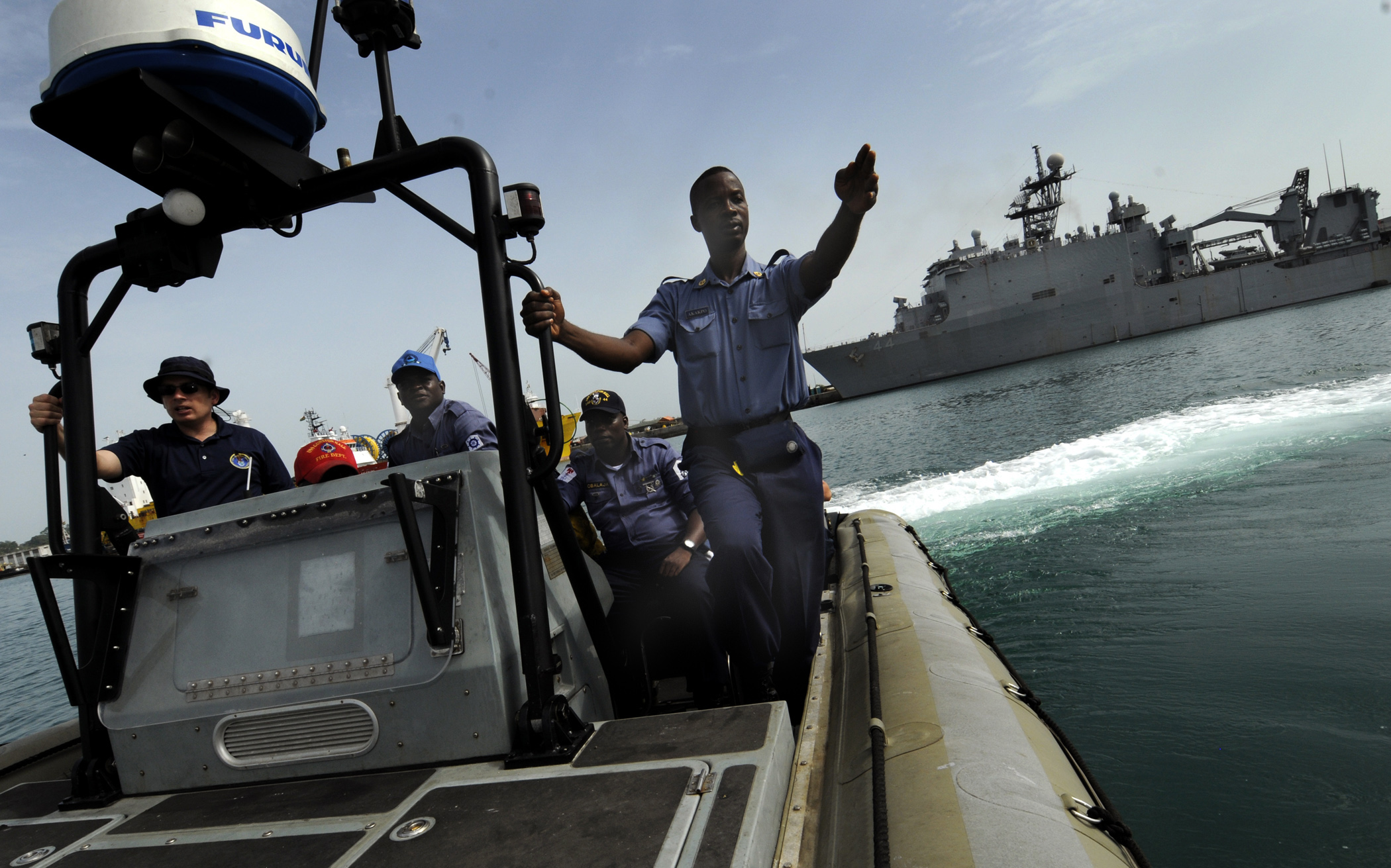An Interview with Tapiwa Chipfupa, Pt. 2 of 2
How was the political and economic climate during the next few years? Did things ever improve at home with your mother’s help from abroad?
Our country remained in the war, spending money that the government didn’t have on the DRC. At independence, promises were made for war veterans and others to benefit from land redistribution. Our government did not have enough money to pay for land and the British were reneging on their promise to pay for land, citing allegations such as corruption. After two decades of waiting for a resolution, many war veterans decided to simply take the land for themselves. In 2000, the farm invasions had begun.
Things were a lot better for us with mom’s help from overseas, but it was not easy for Mum to singlehandedly sustain us. Dad was struggling, he had no work, and it was not the time to start a business. The country was literally imploding. Blackouts began to occur, and we started queuing for food. A black market for foreign currency started developing at the time. People hoarded and bought in bulk if they could. Eventually, my siblings and my dad left for the UK in 2002. We all hoped things would get better, but I did not realize this would be the last time I would see them.
Why did you stay behind?
Initially, I stayed because there were many loose ends to deal with: a house to manage and the loans for everyone’s flights to pay off. I figured that my younger siblings needed my parents more than I did, and so as the oldest, I accepted that I had to stay behind. There also wasn’t a guarantee that they were going to be let into the country. By the time I decided that I should go visit them, the visa system had been implemented. I applied for a visa but was turned down because of the state of my country at the time, and the fact that members of my family were already there.
Have you subsequently applied for a UK visa since then?
I’ve applied five times over six or seven years. I decided to let it go for the past four years and stop giving the UK Foreign Office 2000 rand per application so that they could say no. The fact that I am a Zimbabwean and I have family in the UK makes the process almost impossible, as I am considered a potential immigrant because of the state of my country. That is exactly what they write in their refusal letters. My family has faced its own challenges with having to wait out the complicated process with UK Home Office for their permits. They are still waiting and therefore cannot travel. It’s a strange yet painful stalemate: we can’t go visit, and they can’t leave. We can’t be together and they have never met my 9 year old daughter.
When did you move to South Africa? When and why did you become a filmmaker?
I had worked in the local industry for a few years and I decided to go back to my education. I had my daughter at the time and wanted to organize our life, but there were no film schools in Zimbabwe at the time. I studied under a scholarship at AFDA in Johannesburg. Now I’m finishing my Masters of Fine Arts there.
I decided to become a filmmaker because I love to tell stories. I love to entertain and engage people. There are so many stories in Zimbabwe and I think it’s important to share our stories from our own perspective and not to leave the world to rely on what the media has to say. “The Bag on My Back” shows the story of a regular middle class Zimbabwean family, nonetheless touched by the political and economic situation.
Are you skeptical of the political process of your home country? Do you therefore think politics aren’t as relevant as other issues?
Politics is part of the process of any country, but sometimes the personal agendas of politicians override the lives of ordinary people on the ground. The important issues are overshadowed. I do understand that things have to be done fairly. I can’t dictate policy, because I’m not a politician. I believe it’s important that a leader understand he is the servant of the people and not the other way round.
In the past few years, Zimbabwe has seen fluctuating although measurable levels of economic growth. Can you see a better future in the horizon? Can you picture a post-Mugabe Zimbabwe?
I hope we can resuscitate Zimbabwe to be better than it was before. It’s not about Mugabe or post-Mugabe politics. One can only hope for leadership to chart a decent way forward for the country and its people.
Your film touches upon the theme of exile. What are your thoughts on living in exile?
People aren’t always in exile because they want to be—the circumstances and challenges of life compel them. Ask any refugee that. Your child needs to eat and to learn, and you need to provide for them. None of the things we did were easy. You grow up in a particular country thinking “this is where I’m going to live ALL of my life.” I always thought I would stay in Zimbabwe, get married there, and live near my parents. My parents didn’t plan not to be able to see their grandchild.
It must have been a difficult subject for you to address while producing the film. How did you find the process of reliving certain memories and revisiting the places of your childhood? How did you balance your personal journey of return with the task of filming?
Before I started making the film, I thought I had moved on from everything that had happened. But truthfully, I had not realized that I was carrying a “bag on my back” with all these unresolved issues. Returning home, filming my encounters, and sharing my personal story was necessary for me to move on. It was difficult to revisit certain places, especially with a film crew moving about with you. But they were accommodating and often let me go off on my own just to reflect and reconnect. The whole experience was liberating.
Final question. What are your plans now, as a filmmaker and beyond? Can you see yourself going back to the land of your birth?
There is a saying that home is where the heart is. I’m a filmmaker and it has been a wonderful opportunity for me to be able to share what’s important to me on such a platform. Zimbabwe is where I come from and I am a Zimbabwean. Where else am I supposed to be?
Thanks a lot for your time here and for offering to share a personal glimpse of Zimbabwe through your film. Good luck in finishing your studies, and all the best!
My pleasure, all the best to you as well.




